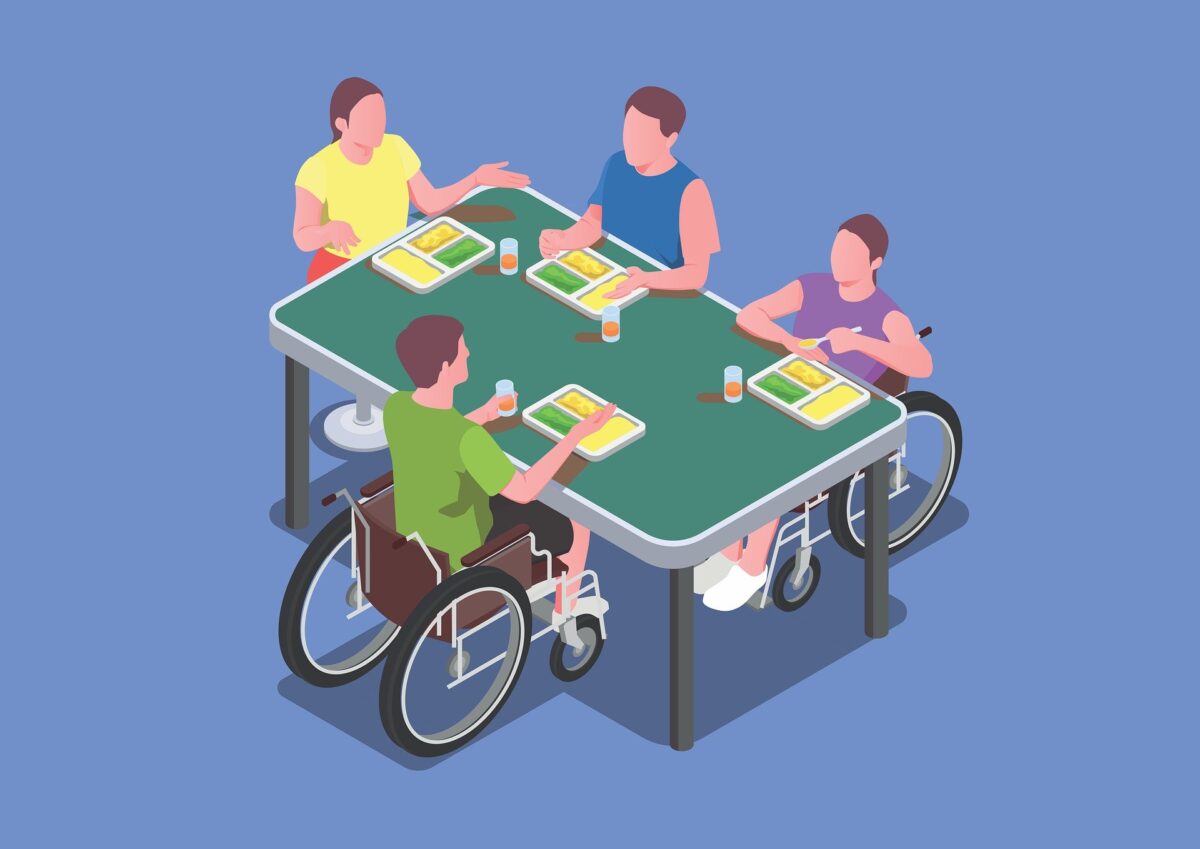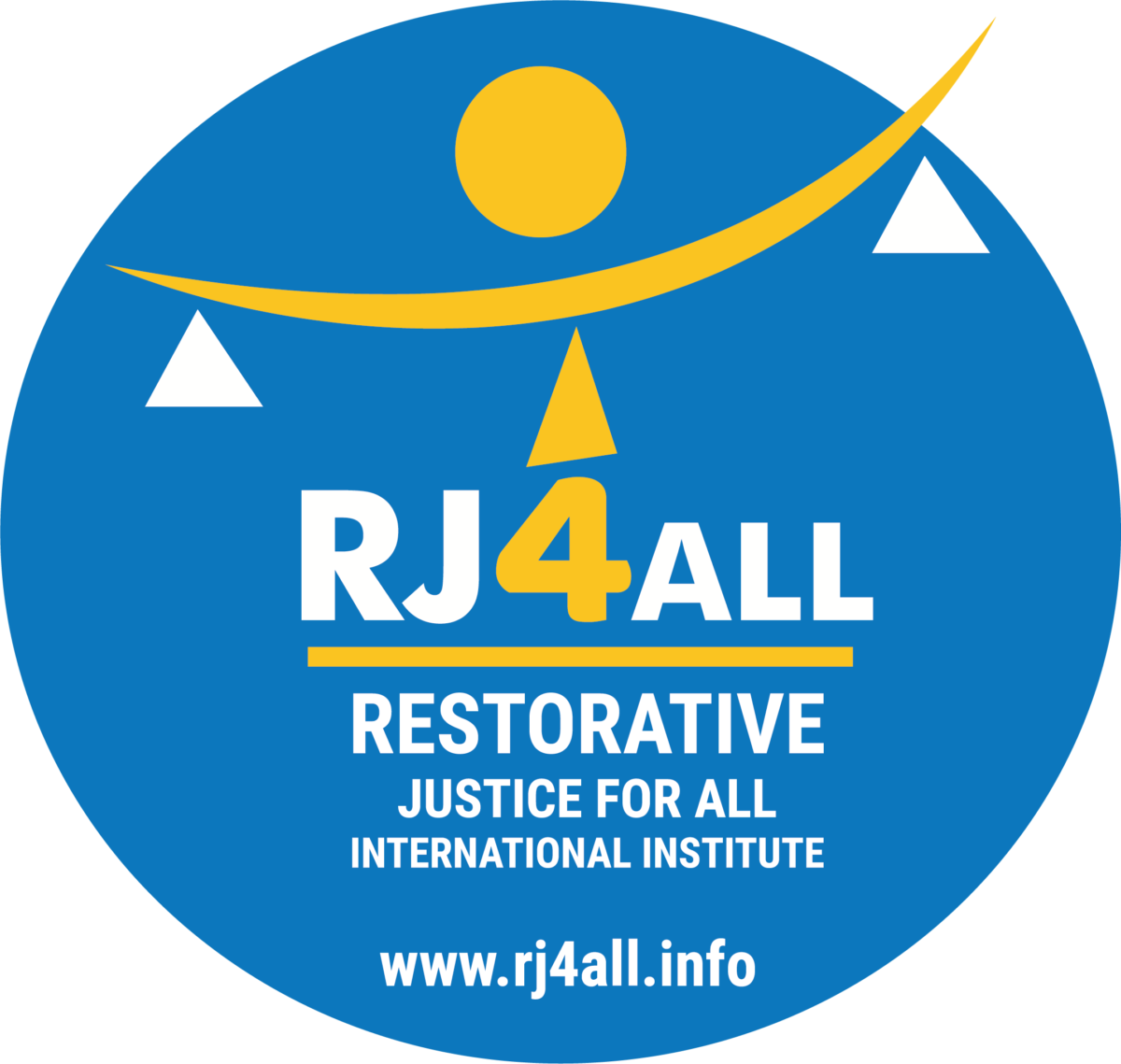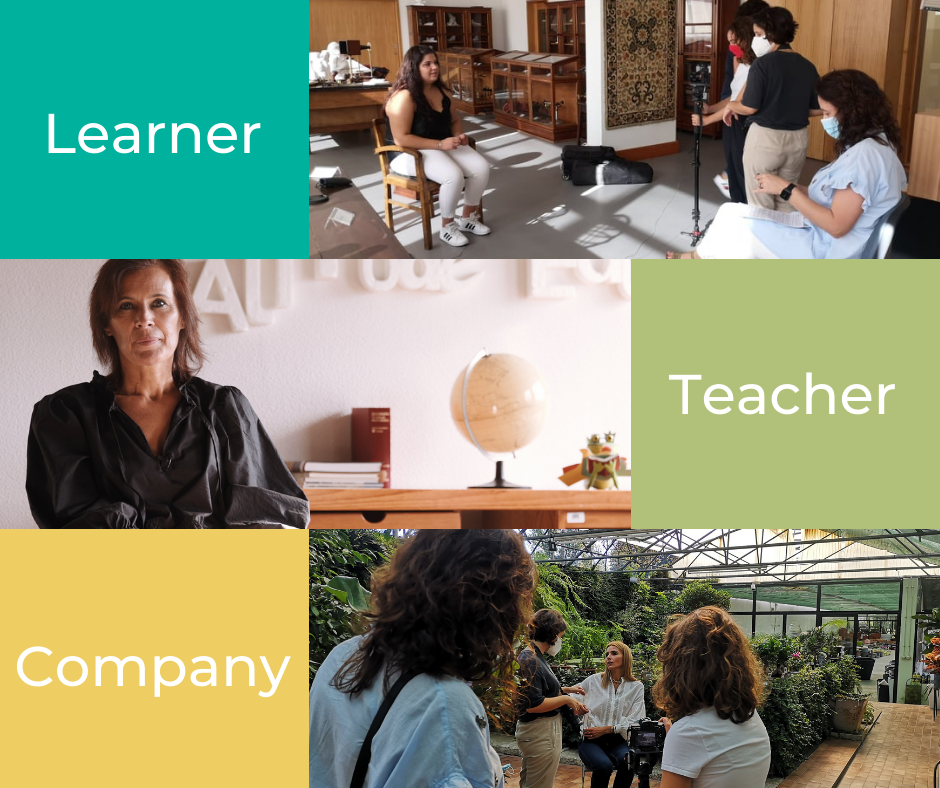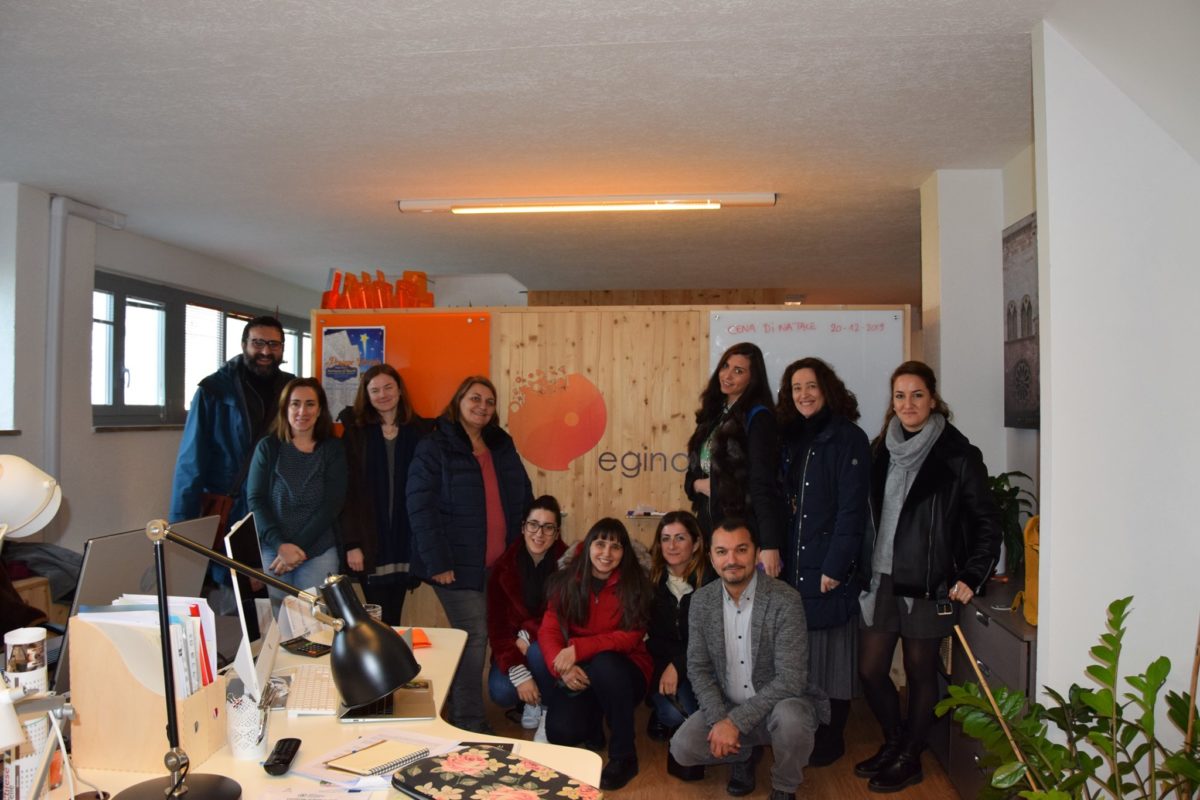The first out of 20 principals of the European Pillar of Social Rights is devoted to education, training and life-long learning:
“Everyone has the right to quality and inclusive education, training and life-long learning in order to maintain and acquire skills that enable them to participate fully in society and manage successfully transitions in the labour market.”
All around Europe, we can find numerous initiatives, projects and programmes supporting the inclusion of disadvantaged people in education and by this into work. They also show that the implementation of social inclusion in education and specifically in VET also depends on the structure of the educational system and relevant national policies in each country.
Following, we are going to introduce three good practices presented during the VET4FUTURE conference.
- Individualised Education Plan
The Istituto Omnicomprensivo Giano dell’Umbria – Bastardo from Italy started working with Individualised Educational Plans (IEP) in 2019. It is a holistic approach to education enhancing the capabilities of the students, which do not only include academic, but also social competencies and life skills. The approach is carried throughout the whole cycle of education starting from primary school until secondary school including vocational education and training. Moreover, IEPs can be applied not only to disadvantaged but all students. Each student is assessed, individual goals are set and appropriate didactical measures and methods are chosen to achieve them. Based on the IEP Life Projects are developed for disadvantaged students encouraged by their achievements. In order for this approach to work, the social background and community around a student needs to be involved – the school, the family, relevant associations, social services as well as companies – with the goal to support each student in finding a suitable workplace. - Inclusive Internships
The keys to successful inclusion of people with disabilities at the workplace were presented by DomSpain Consulting from Spain. It is important to be aware of myths and preconceived ideas, involve the whole company, raise awareness among the staff and implement an effective communication strategy. Especially conscious and unconscious biases can be a challenge for inclusion. It needs to be taken into account that students taking part in an internship at a company have different special needs, which need to be addressed and solutions to be found. For persons with reduced mobility architectural barriers might need to be overcome. Different communication methods and technology can be used for persons with hearing or visual impairments. Companies should also think about the accessibility of their documents and their website. Persons with dyslexia or other learning disabilities will be grateful for easy-reading instructions. Therefore, a careful evaluation of the specific situation should take place in advance in order to meet the needs of the intern and guarantee a successful start of the internship. - SEN Students in Mobilities
An empowering step further can be the participation of students with special educational needs (SEN) in Erasmus+ projects and mobilities, like in the case of the Istituto d’istruzione superiore Ciuffelli-Einaudi, Todi in Italy. Throughout the project “Linking Business, Enterprise & Entrepreneurial Skills Internationally”, the students involved in the project activities also included SEN students in order to foster peer communication and cooperation. The students were able to take part in mobilities in the partner countries of the project.
The partnership focused on what the students can do and not what they cannot. Learning was facilitated through creative activities, which promote responsibility, teamwork, risk taking and problem solving. Furthermore, the activities were designed to correspond to the different learning styles of the students. Due to these activities and the possibility to take part in mobility among many other things the confidence of the SEN students increased and their communication skills improved.




